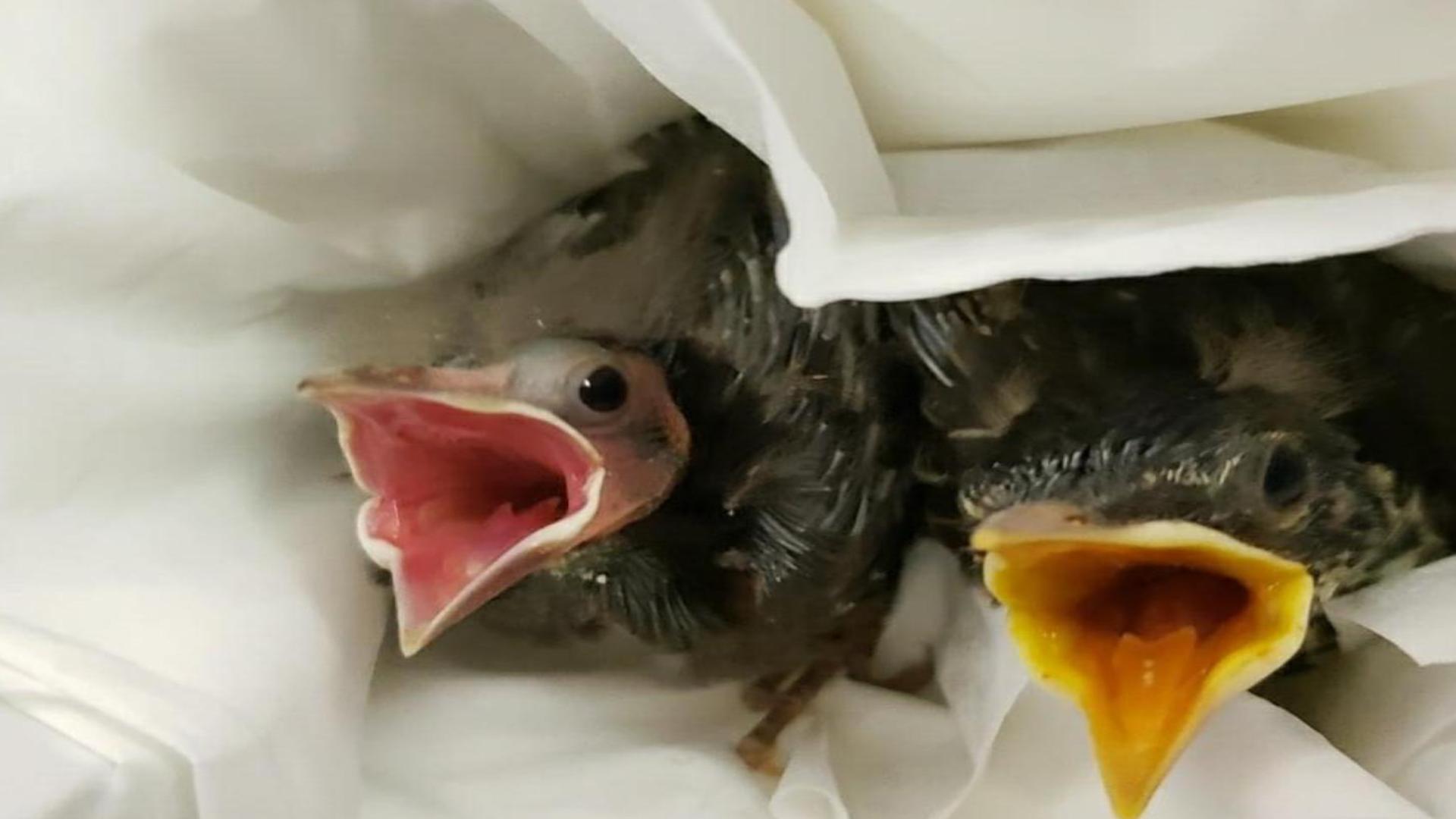
MEADE COUNTY, Ky.- Throughout the spring and summer, Kentucky wildlife babies begin popping up. You may find baby wildlife alone and want to help the animals, but you must take proper precautions.
Chloe Miller, the Broadbent Wildlife Sanctuary Manager tells us removing a baby animal from its natural habitat can be hazardous, you could imprint on the baby animals, and it may never return to the wild. Chloe says, “The most important thing is that we may be able to care for them, but we don’t have the same nutrients as the mothers of the wildlife. It’s just most important for them to get that from their mother, and not only that, in the wild they learn their instincts.”
Removing an animal from its original habitat can be detrimental, because it’s the little things that creates differences in how the world functions.
“Most baby animals, even though they may look like they’re by themselves or may look like they’re left alone or don’t have their parents, they’re their mom. Baby deer, for instance, a mom will leave her baby anywhere from a day, 24 hours, and most of the time, if she puts that baby there, it’s supposed to be there.” Christy Hurt, a staff member at Broadbent Wildlife Sanctuary says.
If you desire to help, but you have uncertainty about what the animal may need… Chloe tells us a few tips. She says if you find baby bunnies or baby deer, you should put flour around the babies or two sticks in an “x”. Leave the flour or the sticks there for at least 24 hours. When you return if there has been no movement, they suggest you call for help, because removing the animals with no knowledge could do more harm than good.
Chloe also says, “It’s the circle of life, you know, and there’s a food chain for everything, even down to the possums. They don’t have a self-defense mechanism. They play dead. So that way they don’t get attacked. But they’re super great for the environment. Every animal in the ecosystem has a role even if it’s small.”
The wildlife staff tell us that there will be a lot of little wildlife running around in about a month. For a deeper dive into helping baby animals visit https://www.facebook.com/photo?fbid=603427811825926&set=pcb.603427858492588 or call (270) 547-4200.
